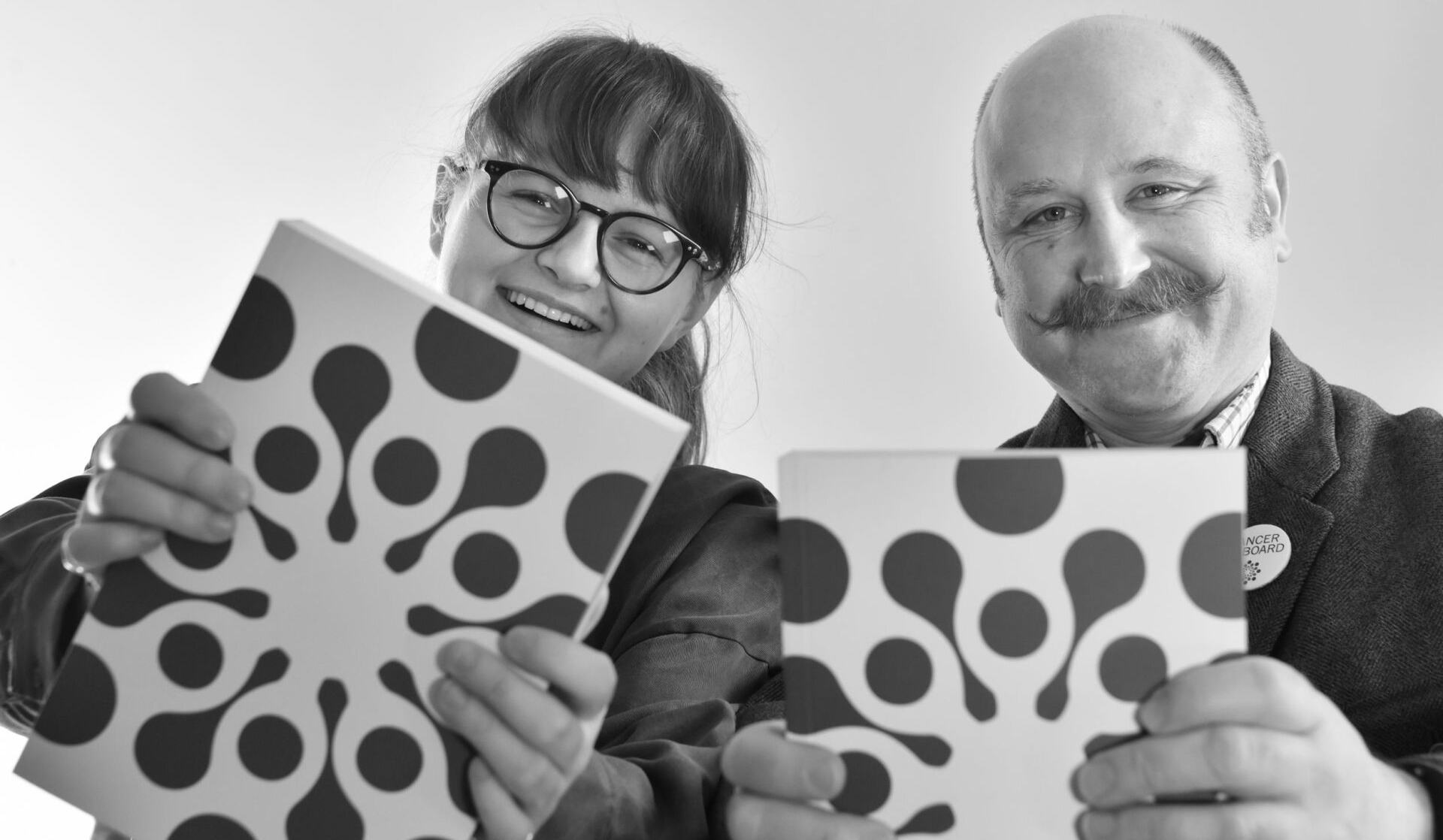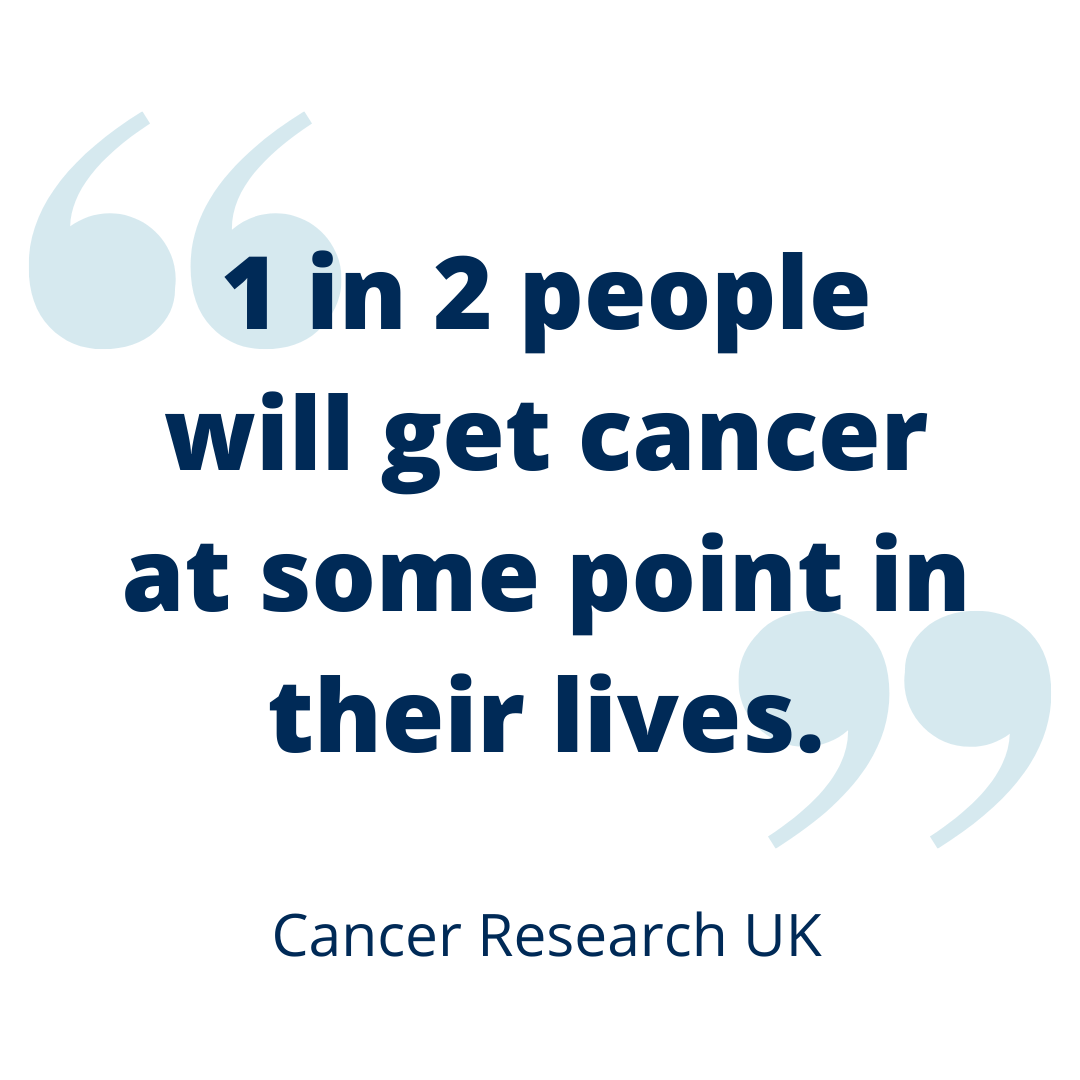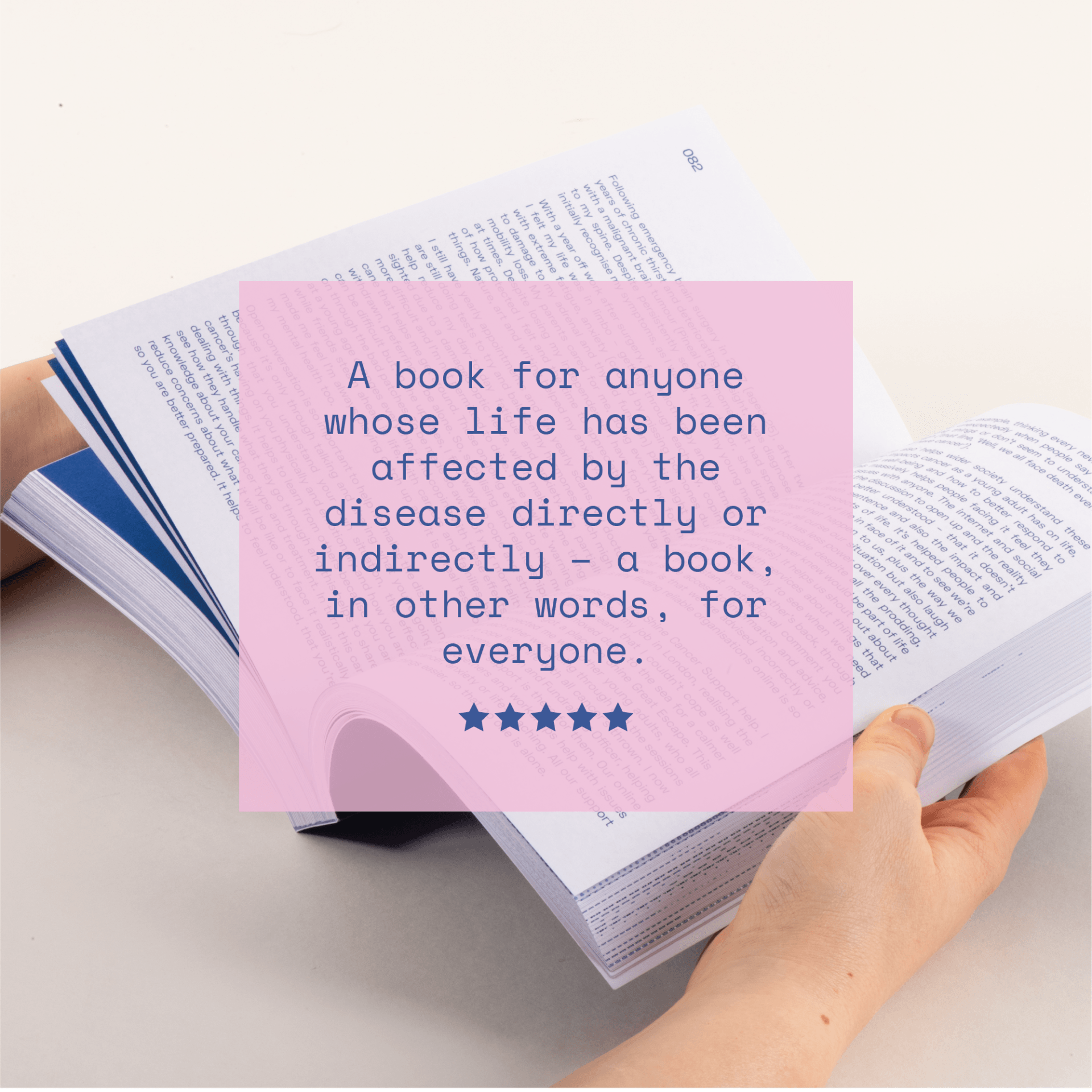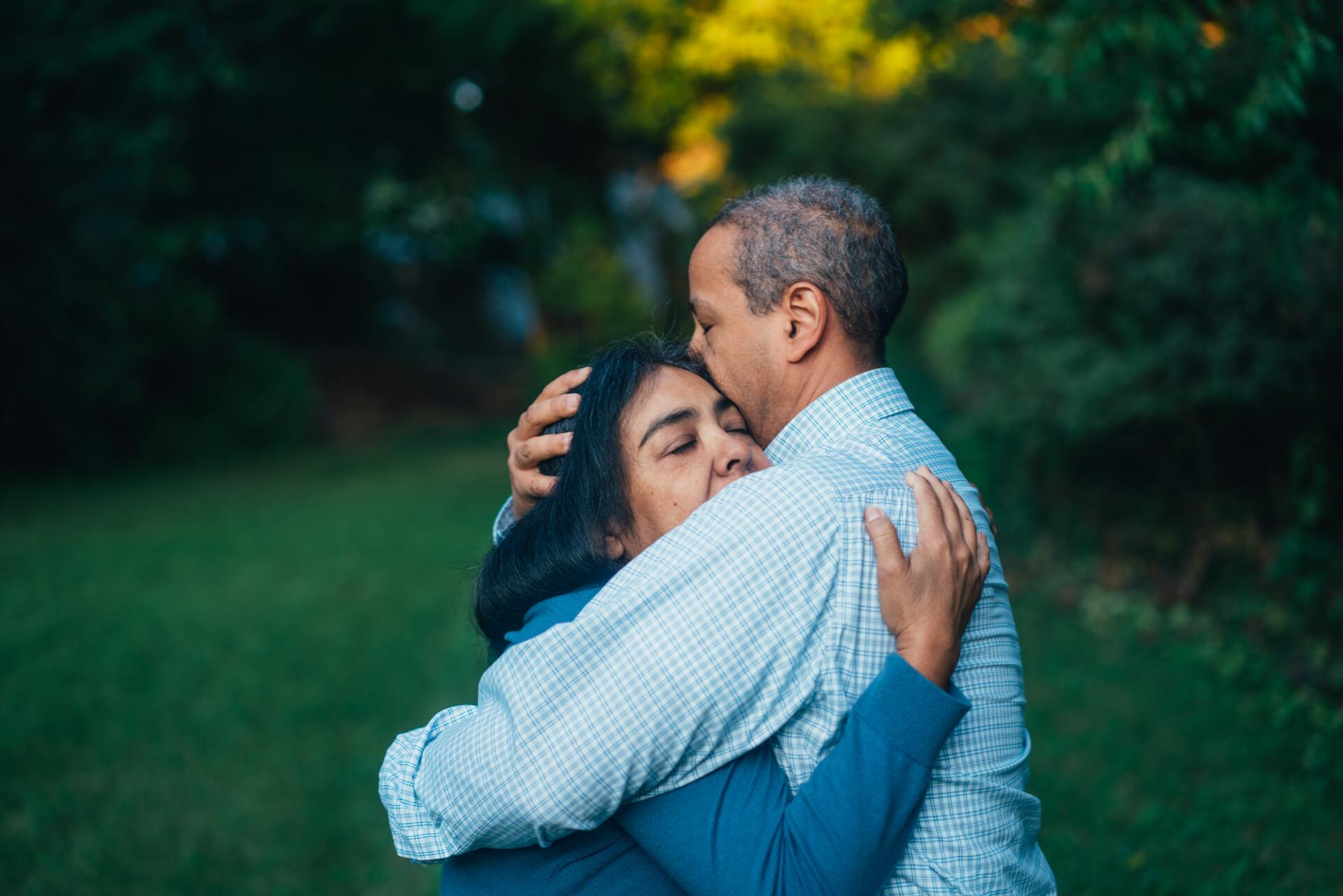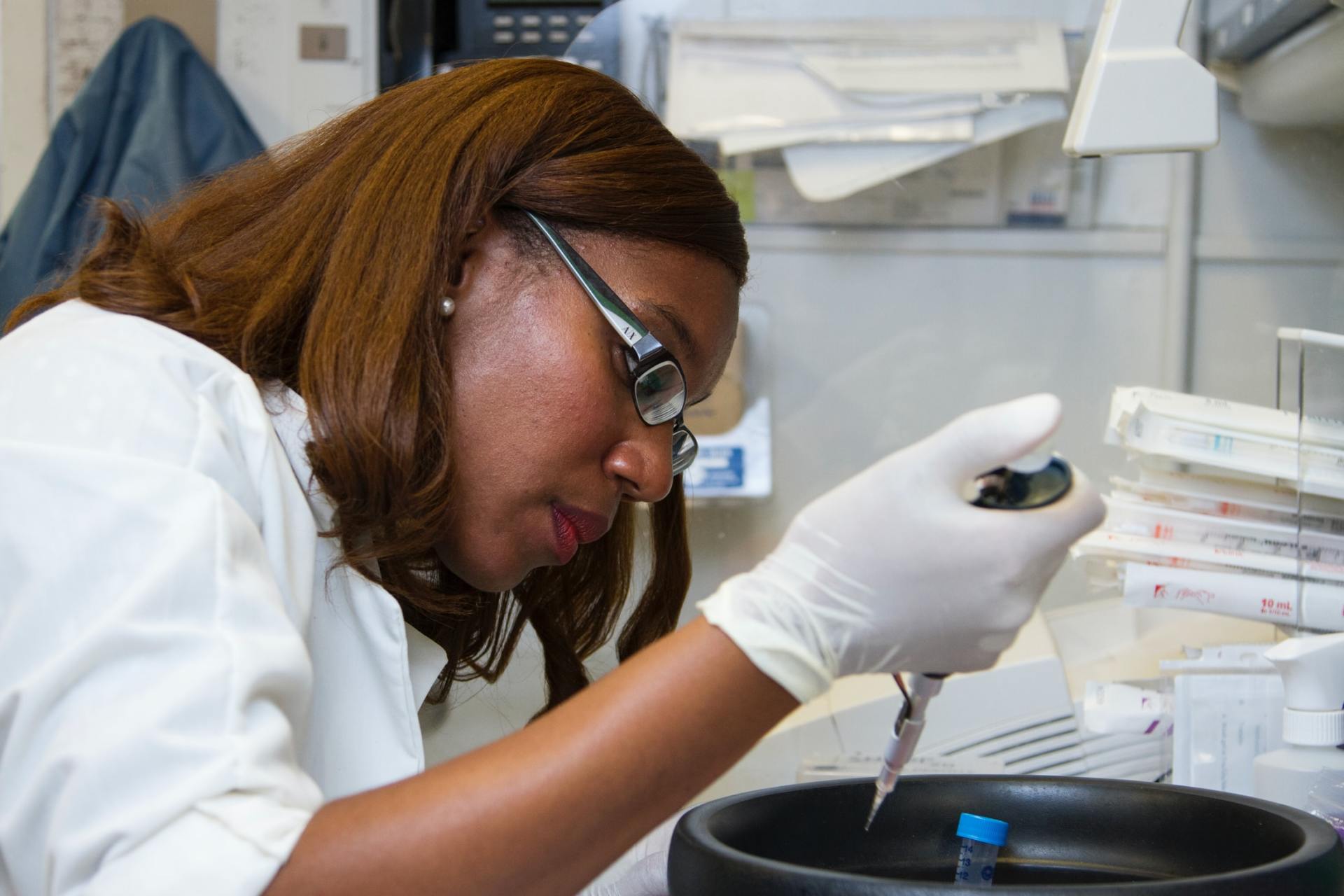Overcoming Isolation By Shared Experience
Social connection has long been recognised as a
fundamental part of what it means to feel fulfilled. However, now more than ever, people who have been affected by cancer are struggling to access the social and emotional support they need. As one
breast cancer patient , who was diagnosed in February, has said,
“I was getting so much help and support… then it all just stopped. It's like a double hit. You’re already feeling isolated and your whole world is turned upside down, then with COVID‐19, it doubles the feelings of isolation and vulnerability. I was really overwhelmed with everything happening so quickly, my worries with my treatment and what might happen if I contract COVID‐19”
I had already completed two other projects (one about ADHD and one about epilepsy) and found that by exploring narratives and health issues through design, I was helping both myself and other people. I found it cathartic, and when I showed others, I heard things like “these are things that have affected me - that summed it up better than a hospital leaflet ever could”.
So, when I decided to tackle the subject of cancer, I knew that I had to tell the stories of other people who had been affected by it.
The 100 Stories book is a collection of a hundred moving, hopeful and authentic stories from people who either have or have had cancer or are caregivers. No two stories are alike, just as no two people are alike. But they move towards the same goal: sharing and connecting.
As stories were shared, the conversation grew until it became a community of voices, all working together for one shared purpose – to normalise speaking about cancer.
For too long, society has created shame around the illness. But not anymore.
100 Stories is breaking that apart, telling people it’s okay to talk, to share, to connect.
Today, the 100 Stories community contains many hundreds of voices, and is constantly growing as the momentum continues. As well as the
100 Stories Book, there is now the
100+ Podcast, the
100 Stories Blog, and a thriving internet community.
It has become a platform that facilitates the sharing of stories, working to make people feel less alone.
Through my design practice, I learnt how powerful storytelling can be; stories connect us. In the new age of social media and during the current pandemic, cancer patients have formed new methods of emotional support. They can tell their own stories and be comforted by the stories of others through platforms such as Facebook, Instagram and Twitter.”
The Value of Sharing Experiences
Stories do, indeed, connect us. As
research shows, discussing shared experiences can foster a sense of connection between sufferers, because “anyone who has not shared a similar [experience] simply cannot comprehend what they have to deal with”.
We need to feel that there are people out there who we can relate to, especially when we live through something as traumatic and isolating as being affected by cancer.
Hearing about what other people have gone through and how they have coped can encourage those of us who have had similar experiences to feel validated in our thoughts and actions. This is especially important when it comes to topics such as cancer; the sensitive nature of such subjects means they aren’t often spoken about, which leaves those affected without an idea of what a typical experience or understandable reaction looks like.
Consider for a moment the unnecessary and additional pain this can cause. Unfortunately, due to stronger cultural taboos, this reluctance to talk about cancer
disproportionately affects communities of people who are black, Asian, or from mixed ethnic backgrounds. When we think about how best to encourage healing through talking, it’s especially important to make sure that the solutions are accessible to everyone.
This is why, regardless of the pandemic, in-person support groups may not always be enough. As we know from our previous
conversation with Toral Shah, people from ‘BAME’ communities are underrepresented in these settings for a variety of reasons. Luckily, research illustrates how such discussions can be just as helpful in an indirect setting, like the one 100 Stories offers. As Sue Ziebland and Sally Wyke state in their
literature review on the subject,
“Having an illness, facing a health issue, or being a family caregiver can challenge one's personal identity, and some people may feel embarrassed or even stigmatized by their condition. Knowing that others are tackling similar problems and learning how they deal with difficult issues can reduce these feelings of isolation, bringing a sense of belonging to a group and reassurance that one's experiences and reactions are ‘normal’”.
As Ziebland and Wyke also note, the act of sharing experiences doesn’t have to come in the form of a conversation. Rather, simply reading or hearing about what others have gone through can help us to adjust and feel less isolated, and can provide inspiration for how to cope – both practically and emotionally.
Whilst the internet and social media offer an increasing number of communication channels and web pages dedicated to the stories of people who have been impacted by ill health, there are numerous benefits to be gained from reducing the time we spend looking at a screen. That’s why we created ‘Conversations’ – one of the main features of
the NatiaCares App. The section provides our users with a curated selection of discussions about cancer – from diagnosis, through treatment, to survivorship and life as a caregiver.
Download it today to see how NatiaCares can help you.
Yet, increasingly, there is something special about having a physical object to refer to. In the way that film photographs can feel more valuable than digital ones, and for the reason that vinyl records are currently the
fastest growing area of music sales, some words are simply meant for print.
When Helena created 100 Stories, she knew this:
“Throughout the creation of 100 Stories, physical design was at the core of its messaging. Alongside each written story is a pixelated portrait, created using the
Cancer On Board symbol. The symbol is a unifying design tool, demonstrating how each person involved in the project is connected through their shared experience of cancer. As you flick through the book each portrait gets clearer. This clarity is in correlation with the amount each person says, e.g. the more words the clearer the image, relating back to my aim of open conversation.
I always knew that these stories wouldn’t be shared online.
The size and weight of the book is a physical manifestation of how many people have dealt with cancer. By holding something with such weight, it creates an initial emotional experience that reading stories online can’t.”
If you’d like to get your hands on Helena’s amazing book, you can use the exclusive discount code NATIA20 to
buy 100 Stories
with a 20% discount! Order before the 11th December to get it in time for Christmas.
As always, thank you for reading this article. We hope you have a lovely day!

